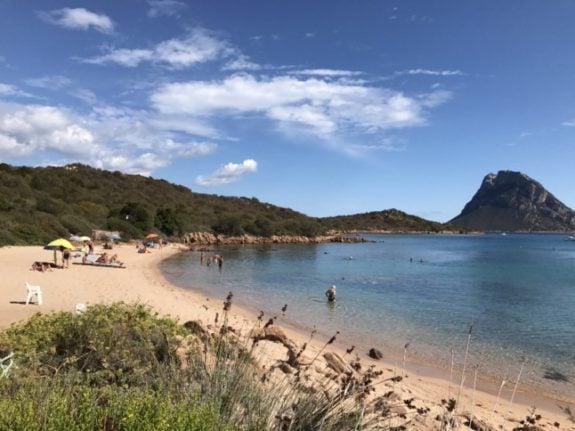The 24-year-old, who was rescued from his rickety vessel by the Italian coastguard earlier in December and brought to the island of Sardinia, was being treated for scabies in the infectious diseases ward of a hospital in Cagliari.
In the early hours of Saturday he knotted his sheets together and tried to climb down the side of the building from his third-floor room, before falling and hitting his head, dying on the spot.
It was not clear why the man was determined to leave undetected. Hospital staff insisted his room was not locked and his treatment was almost complete, after which he would have been free to go, the reports said.
Eritrean migrants picked up from boats and brought to Italy face relocation along with Syrians and Iraqis to other European countries as part of a controversial programme to share the refugee burden, which has proven unpopular with people hoping to join family members elsewhere.
Nearly 85 percent of new arrivals come from the world's top 10 refugee-producing countries, according to the UN's refugee agency. More than 3,620 people have died trying to make the journey by sea from north Africa in 2015.



 Please whitelist us to continue reading.
Please whitelist us to continue reading.